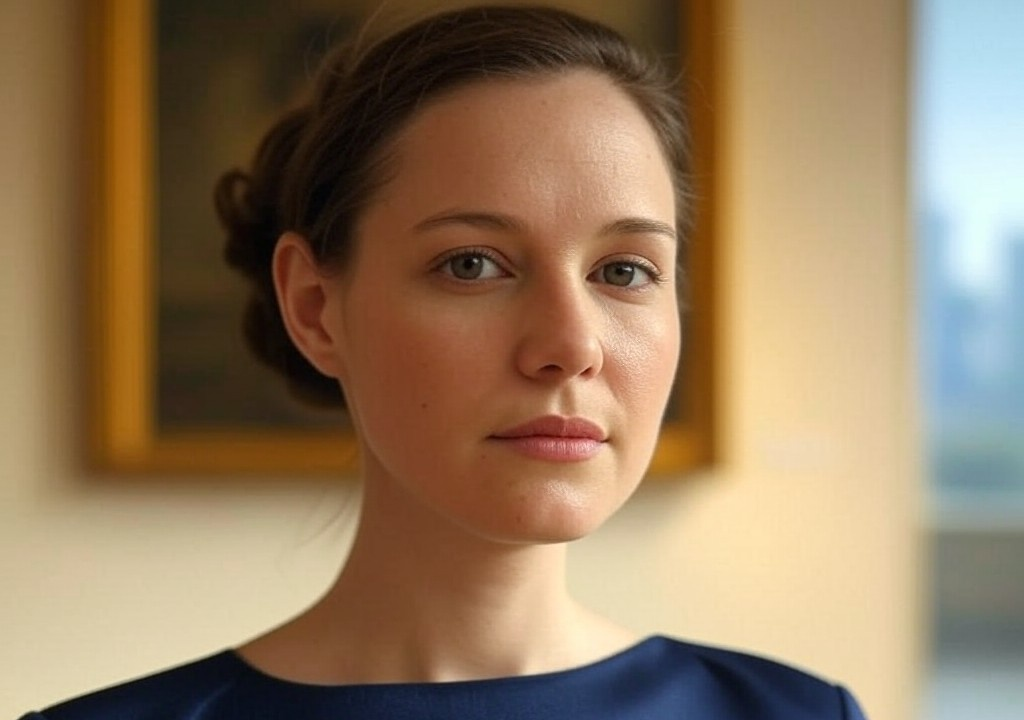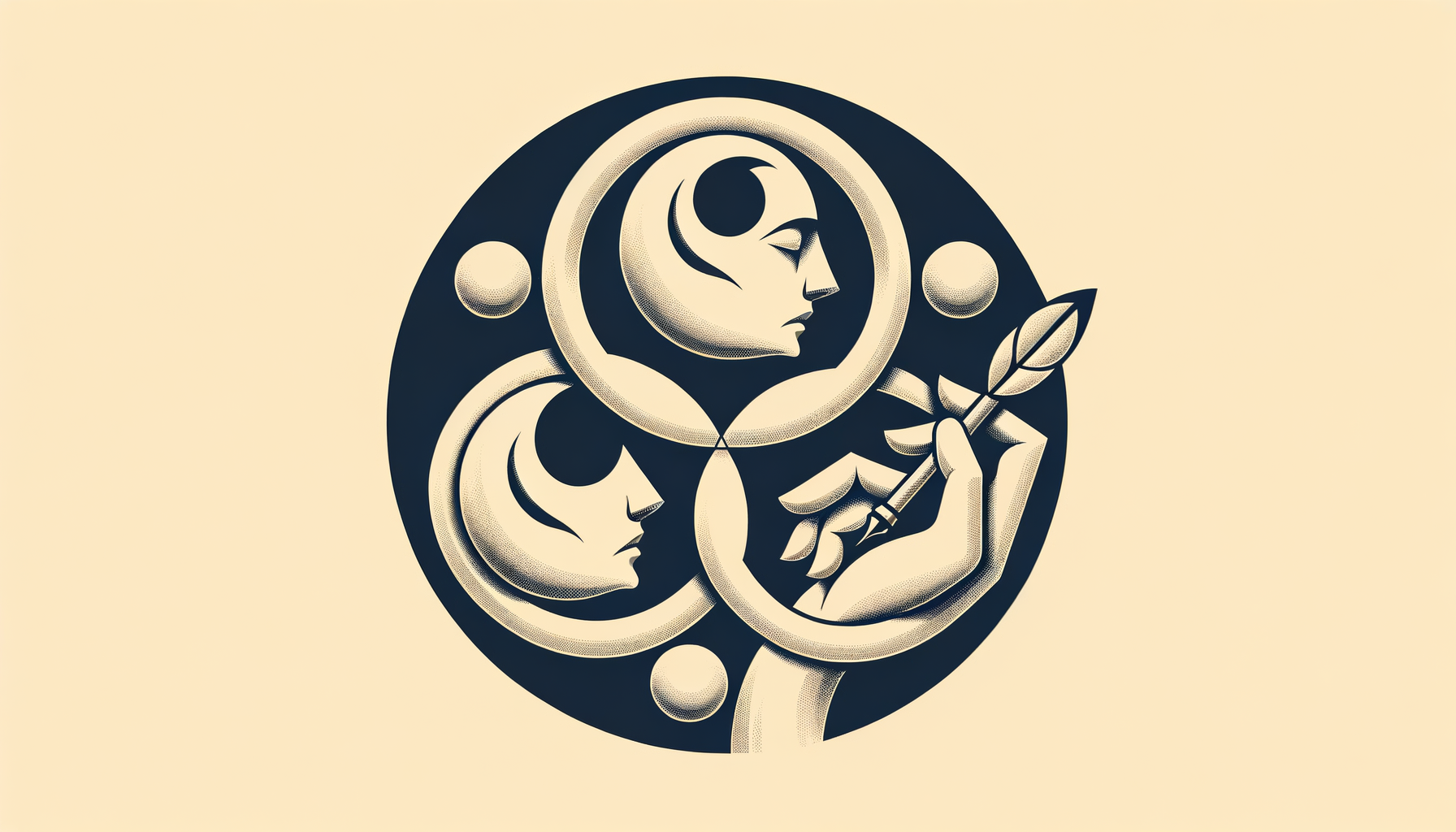There’s a moment, halfway through typing a sentence, where the cursor seems to look back at you, blinking: “Are you sure about this?” It’s a cheeky, loaded question. But to me, it’s always felt less like doubt and more like an invitation. Write something honest. That’s been my North Star from the very beginning—whether I’m scribbling quick notes on the back of cocktail napkins (yes, this is a real thing I still do, despite living in the Notes-app era) or spinning tales of heartbreak and redemption into neat, article-shaped packages. Writing is how I figure myself out—and, hopefully, help you figure yourself out too.
I often get asked, “What made you start writing?” The better question, I think, is “Why do you keep writing?” Because let’s be honest: Writing is no picnic. Some days, it’s trying to squeeze the last conditioner out of a bottle when you’re already running late. Other days, it’s a warm café window on a rainy day, words flowing faster than the barista can write your name on the cup. It’s maddening, blissful, excruciating, and somehow, utterly irreplaceable.
Let’s rewind a little, shall we?
The Spark That Lit the Match
Growing up on the Upper East Side, surrounded by priceless works of art, I learned from an early age that stories aren’t always found on the page. My parents spoke fluent “art gossip” over breakfast: who snagged the Monet, who fumbled their latest exhibition. Paintings had backstories. Sculptures carried whispers of scandal (I’m looking at you, Auguste Rodin). Art wasn’t just about beauty—it was about humanity. And isn’t that what writing’s about, too?
I was the type of kid who wrote secret backstories for Degas’ ballerinas in my spiral-bound notebooks. To me, the point was never simply to write something pretty. It was to figure out the why, to crack what made people tick: why that girl’s gaze was so heavy, why someone would sculpt a heartache the size of a courtyard fountain. Those early sparks of curiosity turned into a full-blown inferno by the time I got to college. But somewhere between insufferably long essays on cubism and European summers where I pretended to understand wine, I realized my curiosity wasn’t limited to galleries.
I wanted to know why my friends made questionable love-life decisions. Why my crush once sent a text so vague I had to consult three separate friends as if they were a jury panel. Why modern dating felt like performance art, but in a sort of “does this make sense to anyone?” way. These were stories worth telling. Not because they were groundbreaking, but because they were real.
Writing as a Love Affair (Messy But Worth It)
I think of writing as a relationship. There are the honeymoon phases—those rare, glorious days when metaphors dance onto the page and sentences click together as naturally as flirting over your favorite jazz album. But like any relationship, there are rough patches. The days when I chase down clarity like it owes me rent or battle a sentence so stubborn I start to question its motives (and maybe my sanity).
There’s this myth that writing comes naturally to writers. Trust me, it doesn’t. Inspiration might visit like an old friend who shows up unannounced, but crafting something meaningful? That’s a deliberate, messy process. Think of it this way: Falling in love might feel effortless, but building a connection is work—you have to show up, day after day, even when you’re tempted to ghost the process entirely.
The truth is, though, I don’t mind the mess. In fact, I think it’s what makes writing worth it. Every jumble of half-formed ideas holds the promise of uncovering something surprising, like stumbling upon the perfect little bistro on a meandering walk through Paris. And that’s the other thing: Writing is as much about discovery as it is about expression.
For example, I once sat down to write about a breakup (cue melancholy piano music). It began as a straightforward list of all the things I swore I wouldn’t do again—crying into overpriced gelato, Googling “how to get over an ex,” binge-listening to Adele. But somewhere along the way, the piece became less about endings and more about beginnings. I wrote my way into relief, and dare I say, hope.
Writing forces you to see the story buried beneath the surface. It asks, “What’s really going on here?” It’s self-therapy, sure, but it’s also an act of connection. Because when we tell our stories—the messy, unpolished versions—we remind each other that we’re not so different after all.
Writing for You, Writing for Me
One of the reasons I keep writing is you. Yes, you. The person reading this on their lunch break or under the covers at midnight. If you’ve ever had your heart cracked open or walked home from a date confused about how someone could order fettuccine alfredo on a first date (chaotic energy), we’re in the same club.
I write because I want you to feel seen, whether that’s through a funny anecdote about my dating disasters (hello, museum guy who pretended not to know who Picasso was) … or a vulnerable confession about times I’ve felt like giving up. If I can make you laugh, nod in agreement, or feel just a little less alone, then I’ve done my job.
But let’s not be coy—I write for me, too. I write because it teaches me to take up space, to admit I don’t have it all figured out, to cement the lessons I’m learning in real time. Writing allows me to honor the messy, glorious, unpredictable human experience for what it is—flaws, fettuccine-related faux pas, and all.
A Few Takeaways for Your Inner Storyteller
Whether you write professionally, journal sporadically, or simply overuse the crying-laughing emoji in group chats (been there), storytelling is a muscle worth flexing. Here’s what writing has taught me, and what I hope it teaches you:
- Start with curiosity. Whether it’s wondering why someone ghosts or why you always order the same thing at brunch, start with the question that’s itching to be answered.
- Write badly, just to start. Perfection is overrated. Misplace a comma, spell someone’s name wrong, get messy! You’ll clean it up later.
- Find joy in the little things. A good metaphor is as satisfying as buying fresh flowers just because.
- Share your story. Out loud, in writing, in song. Connection thrives when you let people in.
Writing is how I make sense of my life, but more than that, it’s how I celebrate it. It’s a love letter to moments that stick: funny accidents, deep heartbreaks, small joys that I’d forget if I didn’t capture them. Every paragraph is a Polaroid of the human experience, imperfect but full of truth.
So, why do I keep writing? Because it matters. The stories, your stories—they're proof that we’re here, showing up, trying. And if that’s not worth putting into words, what is?




















